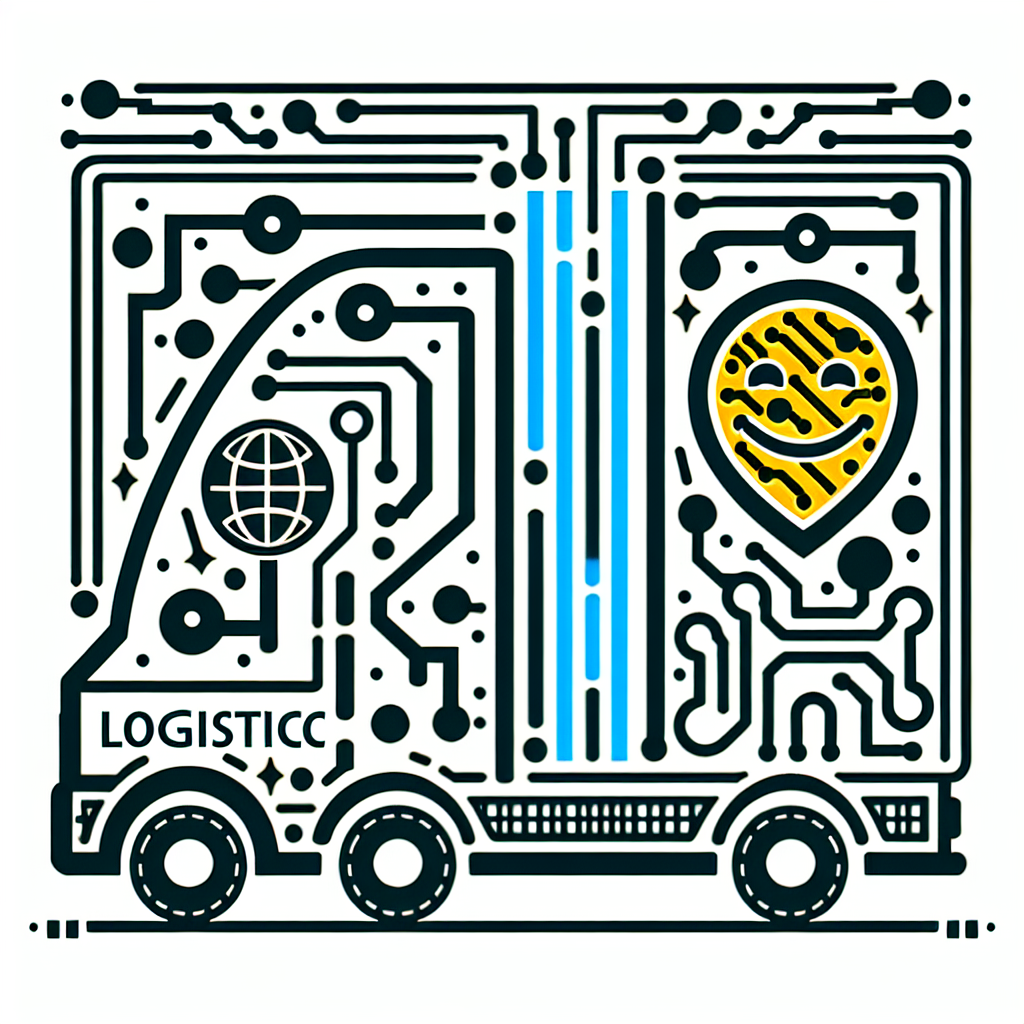In recent years, Artificial Intelligence (AI) has been playing an increasingly important role in enhancing customer service in various industries, including logistics. With the rise of e-commerce and the growing demands for fast and efficient delivery services, logistics companies are turning to AI technologies to streamline their operations and improve customer satisfaction.
One of the key ways AI is transforming customer service in logistics is through predictive analytics. By analyzing large amounts of data, AI algorithms can forecast demand, optimize routes, and predict potential disruptions in the supply chain. This enables logistics companies to better plan their operations and proactively address any issues that may arise, leading to faster delivery times and improved customer satisfaction.
Another important application of AI in customer service is chatbots. These AI-powered virtual assistants can quickly respond to customer inquiries, provide real-time updates on shipments, and even help customers track their orders. By automating routine tasks and providing instant support, chatbots can significantly improve the overall customer experience and reduce the burden on customer service agents.
AI is also being used to enhance warehouse operations and inventory management. By utilizing AI-powered robots and drones, logistics companies can automate tasks such as picking and packing, inventory tracking, and even delivery. This not only increases efficiency and reduces costs but also ensures faster and more accurate order fulfillment, leading to happier customers.
Furthermore, AI can help logistics companies personalize their services and tailor them to each customer’s unique needs. By analyzing customer data and preferences, AI algorithms can recommend personalized product offerings, delivery options, and even pricing strategies. This level of customization not only improves customer satisfaction but also helps logistics companies build stronger relationships with their customers and increase loyalty.
Overall, the role of AI in enhancing customer service in logistics is undeniable. By leveraging AI technologies, logistics companies can improve operational efficiency, optimize routes, automate tasks, and provide personalized services, all of which lead to a better customer experience and increased customer loyalty.
FAQs:
Q: How does AI help logistics companies improve customer service?
A: AI helps logistics companies improve customer service by optimizing routes, predicting demand, automating tasks, providing real-time updates, and personalizing services to meet each customer’s unique needs.
Q: What are some of the key AI technologies used in logistics?
A: Some key AI technologies used in logistics include predictive analytics, chatbots, robotics, drones, and machine learning algorithms.
Q: How can AI help logistics companies reduce costs?
A: AI can help logistics companies reduce costs by optimizing routes, automating tasks, and streamlining operations, leading to increased efficiency and decreased labor costs.
Q: What are some of the challenges of implementing AI in logistics?
A: Some challenges of implementing AI in logistics include data privacy concerns, integration with existing systems, and the need for skilled AI professionals to manage and maintain the technology.
Q: How can logistics companies ensure the security of AI-powered systems?
A: Logistics companies can ensure the security of AI-powered systems by implementing robust cybersecurity measures, regularly updating software, and monitoring for any suspicious activity or breaches.

